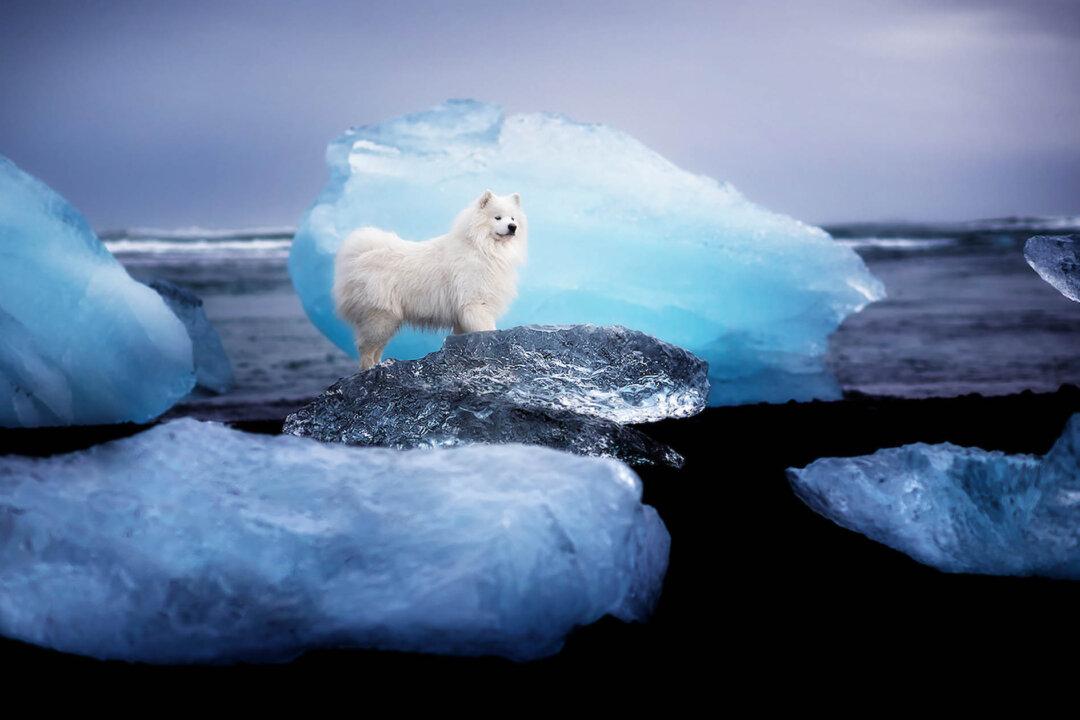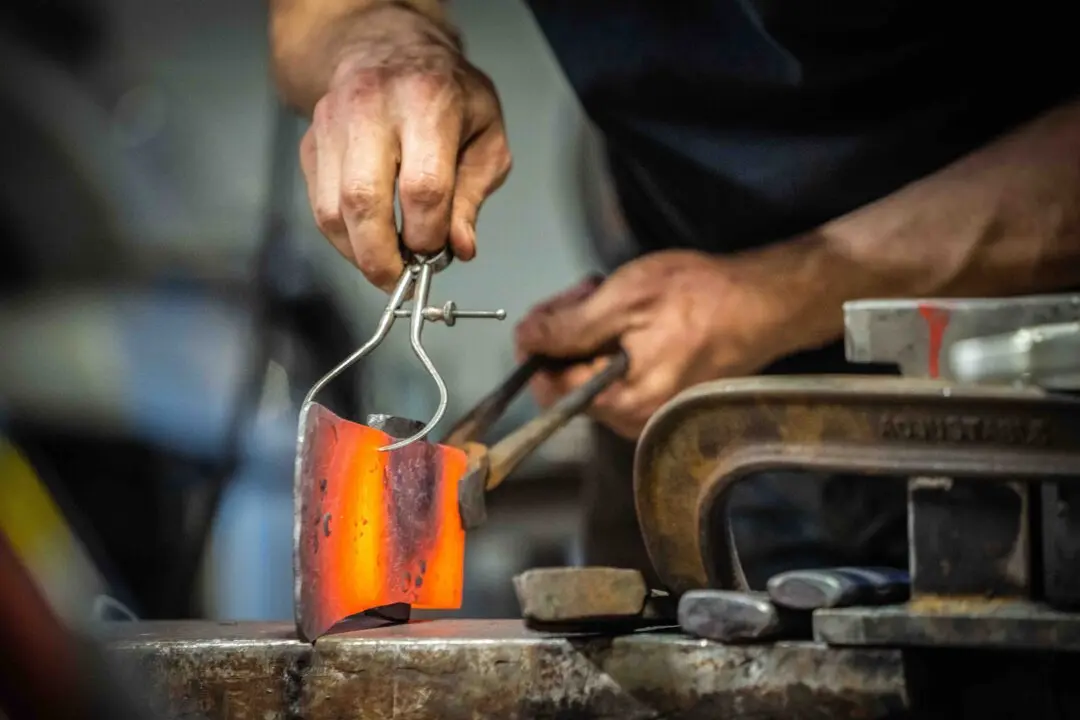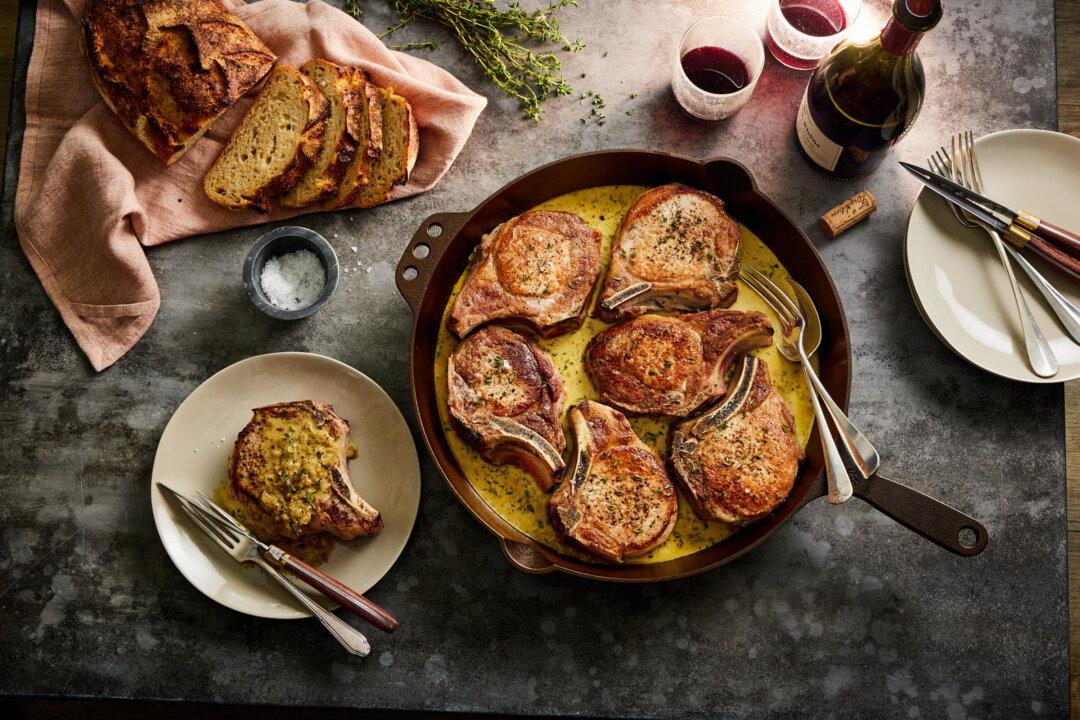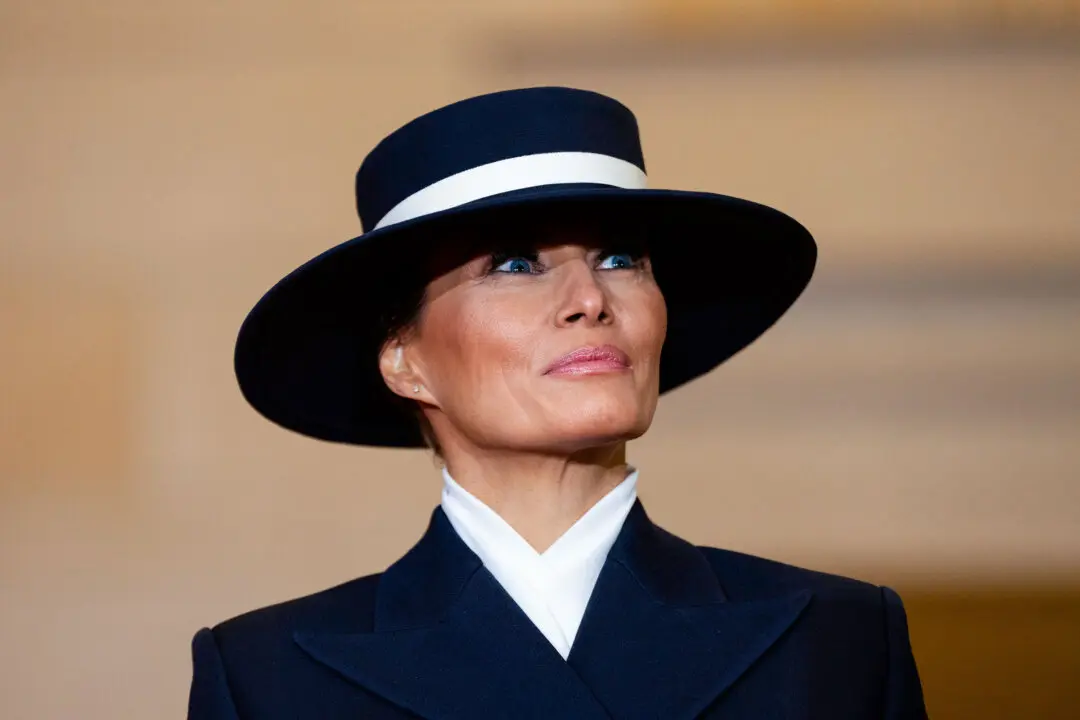Disclaimer: This article was published in 2023. Some information may no longer be current.
Gazing at Anne Geier’s portraits of man’s best friend against a backdrop of dramatic scenery in Iceland and other Nordic countries, it’s hard to believe the canine-inspired Austrian photographer is entirely self-taught.






